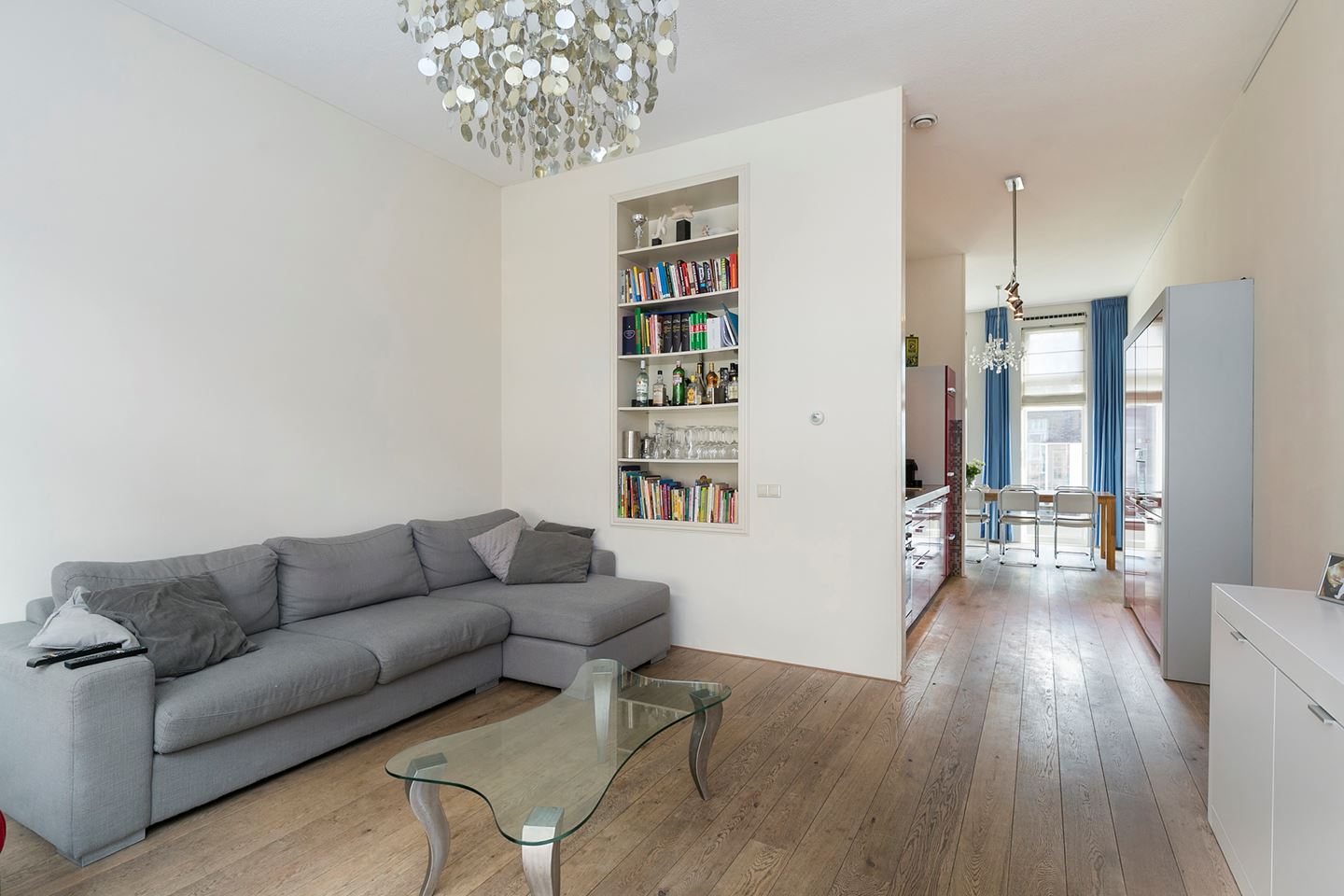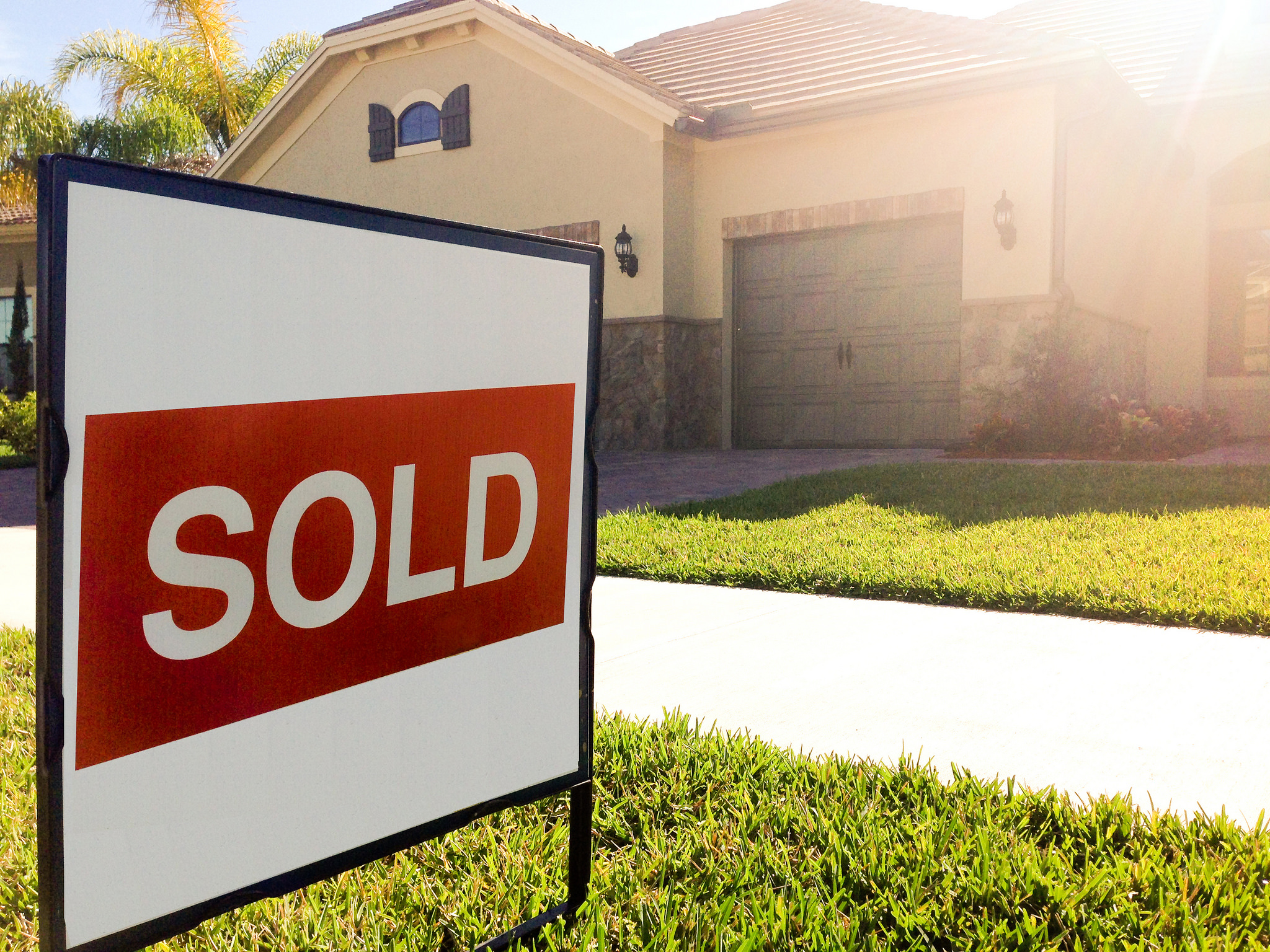
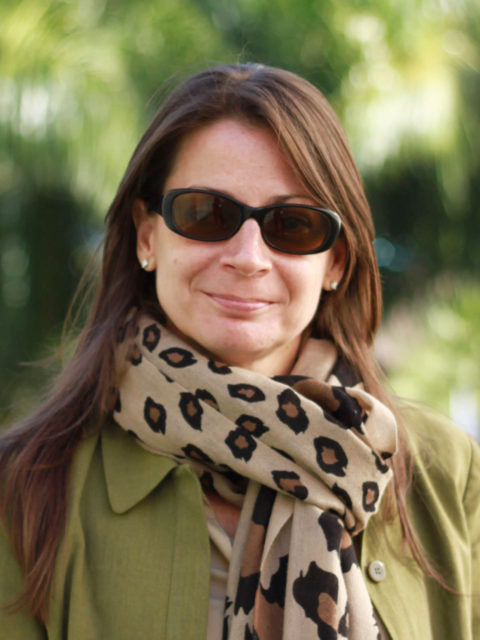 Kathleen Peddicord, the author of HOW TO BUY REAL ESTATE OVERSEAS, is an expert in overseas investments with over 25 years of experience. She’s the publisher and founder of LIVE AND INVEST OVERSEAS. During a discussion with Spacious, she discussed the basics of overseas properties investments, common mistakes and provided advice on how to get started and specifically which place you should be looking.
Kathleen Peddicord, the author of HOW TO BUY REAL ESTATE OVERSEAS, is an expert in overseas investments with over 25 years of experience. She’s the publisher and founder of LIVE AND INVEST OVERSEAS. During a discussion with Spacious, she discussed the basics of overseas properties investments, common mistakes and provided advice on how to get started and specifically which place you should be looking.
What was the impetus for your book, how to buy real estate overseas?
“I have been doing this for more than twenty years. For about 25 years, I’ve been actively investing in property around the world and for about 30 years I’ve been researching and writing about it. The book was the culmination of that. Decades of experience and wanting to compile the basic ideas of why this is so interesting and important, right now. The way to build and diversify an investment portfolio and then how to do it safely, because while I strongly believe that real estate around the world is the safest kind of asset to own… it’s not as easy as buying stock, you don’t just pick up your phone and call your broker or go online and place a purchase order. It’s more complicated.
And there are challenges and pitfalls and it can be complicated in ways that investors are usually not prepared for, especially Americans can be unprepared because the United States is the easiest the most safest and most efficient place in the world to buy and sell real estate.
Americans take for granted a lot of things, including a lot of safety nets, for example, don’t exist in the rest of the world. That’s an important idea behind the book, to help prepare Americans, how to deal with the unexpected aspects of investing in real estate in other countries.”
What’s the biggest mistake foreigners make when they attempt to make overseas investments?
“The biggest mistake is to do less due diligence than you would at home, instead of more! Which is what you need to do. What happens is, a lot of, especially first-time real estate purchases in other countries, are made in connection with a vacation.
You go somewhere, you’re on the coast, a beautiful beach, somewhere sunny and warm with white sand and palm trees and lots of rum, it’s tropical and fun. ‘Hey, it’s beautiful, wouldn’t it be nice to be able to come back here whenever we wanted and hey we could rent the place out when we’re not using it. So let’s stop in the real estate agent’s office over there and see what they have.’
And then, the next thing you know, before you leave from that vacation, to go home, you’ve bought a condo on the beach. It happens, it sounds crazy on the face of it, but it happens a lot. You wouldn’t do that at home. If you live in upstate New York, you wouldn’t go on vacation to southern Florida and your second day there stop in a real agent’s office and put in an offer for a condo if you’ve never been to Florida before.
You would get to know the area bit better, you would want to be sure you understood what you are buying, where you are buying and you’d do some research into the rental prospects and all of that. That’s in a market that is full of safety nets. That’s well regulated and where you speak the same language.
Now, go to another country that’s unregulated, where you don’t speak the language, where you have no experience of the legal system, of the real estate market of the economy of the rental market, all the cultural differences, etcetera, and then with a week, you’re buying a piece of property. Well, in fact, a lot of the times it can still work out okay, but you’re setting yourself up for big problems, for things to go wrong in ways you haven’t even thought about. Just because you’ve bought so impulsively. I call it ‘Margarita Madness’, which is going to somewhere where they serve lots of margaritas, drinking lots of margaritas and then buying a piece of real estate before you’ve sobered up.”
That’s one of the sections in your book…
“Exactly. Yeah and that I think is the biggest risk, frankly.”
This “Margarita Madness”, is this part of a vacation mentality? You mentioned people going to locations and buying property on a whim. People who’ve never lived outside of the United States, do you find that they think that life outside the United States is an extended vacation?
“Yeah, that’s part of it for sure. Exactly, your whole experience of that place is being on holiday. What’s not to like? It’s great there. And I think maybe without thinking about it’s probably subconscious, but you think ‘Wow, this is a great place. Wouldn’t it be nice to live this life all the time?’
If you thought about it more consciously you’d realize, well, this isn’t what life is like all of the time I’m sure. This is what vacation life is like here. Not what life is like here. But people may not give it that much thought and act before they’ve thought it through.”
Chapter 1, LAUNCHING OVERSEAS PROPERTY ADVENTURES, there was a section in that chapter where you emphasized the need to invest immediately. Why is that?
“Because, the current time, is so uncertain and so volatile and there are so many threats to the wealth that you’ve earned and to making more money and just living the lifestyle that you want to live. There are so many threats, where do you begin? What makes sense if you look around the world today if you consider all of the possible kinds of investments you can make? To me, the only thing that makes sense is something that’s real, a hard asset. I think this is an era of hard asset investing.
You could look at precious metals, gold etcetera and there’s a place for that in anybody’s portfolio, but I see gold and precious gold as a storage of wealth. I don’t see it as an investment. Different people have different perspectives and you can make arguments for different cases, but for me, the way to both safeguard and protect wealth while growing wealth, while earning money, is real estate.
Real estate is a hard asset that’s not a new idea. I’m not making a new case or a new claim. But most people think of real estate in the United States or whatever their home country is, they build a portfolio in that country. That won’t cut it in today’s world. That leaves you vulnerable to one economy, one political regime, one currency and in today’s world, diversification is the only way to survive. Definitely, it’s the only way to build any real long-term wealth.”
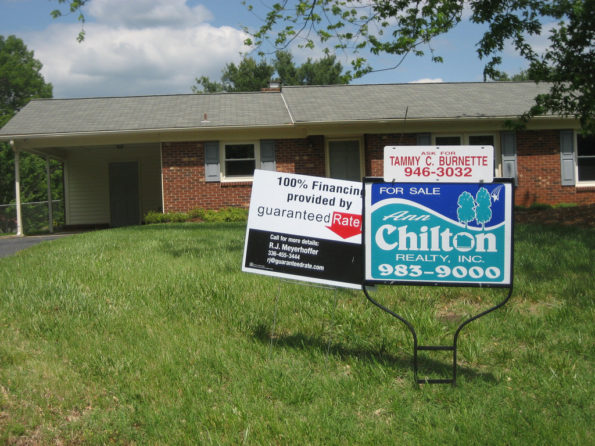
How has globalization changed the way people consider overseas investments?
“I that the way the world has evolved now into the 21st century has opened a lot of people’s eyes. The internet has made the world so much more accessible at every level. Anyone anywhere can connect with anyone else in the world. So that means that opportunities and ideas from another country even from halfway around the world aren’t so distant and needn’t be so foreign, they can become more comfortable. I think that’s the big advantage of globalization, it can make ideas and opportunities that could have been foreign and uncomfortable, intimidating and scary, can make them comfortable and very achievable. It’s easier to act on these ideas, living and investing in other countries specifically buying real estate in other countries it’s easier to act on these ideas today than it’s ever been.”
Why is it that most people have been reluctant to consider overseas investments?
“I think because it’s unknown. As humans, we’re always afraid of things we don’t know, don’t have personal experience with and maybe don’t understand. But what I know, once someone who has an open mind, you have to come at this with an open mind, but even if you’re unsure, uncertain, or a little nervous about this in the beginning… approach this with an open mind, do your research, do some travel.
One thing, this kind of investing requires travel. You have to get on a plane at some point. This isn’t a way to invest from the comfort of your home office and your laptop. You can build a stock portfolio that way, but you should try and build a global real estate investment portfolio that way. You’re going to have to get on a plane but as you do this, step by step, take it in step, it becomes less intimidating, less foreign and as you understand it better, again it’s easier to act on it.”
In Chapter 2, HOW TO TARGET WHERE TO BUY, you also have a section called, ‘Where your heart and wanderlust lead,’ doesn’t this contradict investment strategies, following your heart?
“On the surface it may seem to, but I have found in a lot of experience now, not only mine and my husband’s but many fellow investors, I’ve seen again and again, that the most successful investments are the ones that connect, that marry the two agendas, of making money and living a better life. So, if you think of it like a spectrum, at one end, is having fun, living and spending time in other countries and enjoying the world. At the other end of the spectrum, I think of that as the adventure and the fun end.
At the other end of the spectrum is making money. That’s the profit end. Somewhere in the middle, where to varying degrees you marry these two objectives. That’s where you’re going to have your home run investments. Sure, you can make investments that are all about the profit, and my husband does, my husband and I are very good compliments and partners in this regard. He’s all about the money. He’ll do the research, crunch the numbers create the spreadsheets, do the profit projects, do the budget, do the costs on and on. And then he determines what he wants to pull the trigger on based solely on those numbers.
I look at those numbers and say that’s great looks like we can make X percent over X years. That’s a good return that sounds interesting. But, that is in a place where we never go, where we never spend time where I don’t have any interest spending time, so does this investment really make sense for us?
At a minimum I recommend people apply that level of thinking. Because, owning real estate is not like owning a stock. It requires administration and management over time. For example, if you own a rental property in another country at some point, at least once a year, you need to go and check on it. You’ll need a rental manager who you trust, and who’s keeping it occupied and who’s sending you reports and dealing with the maintenance and the repairs and the bills and on and on. But once a year you need to go see it for yourself.
Is everything really okay? And if that rental is in a place where you don’t like to go then you’ll dread that trip. Oh no, next month I have to go back and check on that rental property, what a waste of four days that is going to be… Real estate investing is so different from stock investing or something so straightforward, I think it’s really important to marry the personal use, the lifestyle agenda with the investment one. Then you can take that as far as you want. The investments where we made the most money were the ones where the lifestyle agenda was as strong as the investment agenda.”
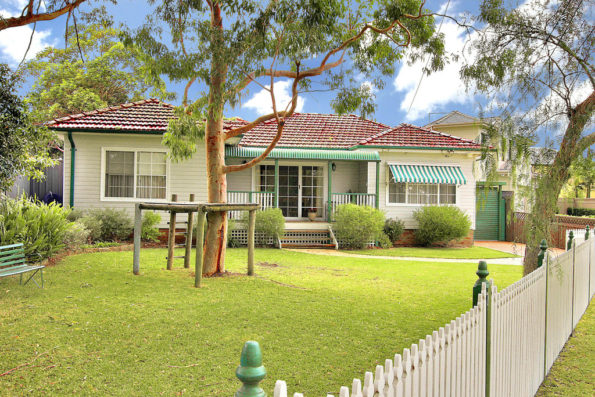
I’m in Hong Kong. This city’s history plays a role in the fluctuating market. How does history play a role in determining property investment? Do you recommend people do research on the location’s history?
“I think that it’s important and helpful to understand the history of the market where you’re looking to invest. The political history and the geographic history. I spent this summer, my husband and my kids, several weeks on a driving tour of central and eastern Europe. Talk about an interesting history, political and geographic history. Countries in that part of the world, the borders have changed so many times, and affiliations have changed so many times… understand that is really important to understanding the culture. And the way that people think, it puts things in much better perspective, so that you understand what you’re buying into.
But more importantly, than the history of a place is the future of a place which of course you don’t know and you shouldn’t base on the history. History will help you understand the people and how the market got to be what it is at that moment you’re looking at it, but then I think you want to shift from that and look forward. What lies ahead for this country, for what particular reason you’re able to identify?”
The person who is going to potentially purchase your book, what word of advice would you give the investor who’s looking at building wealth, who’s uncertain. What would you do to encourage her or him?
“I would say to start slowly and let the ideas evolve for you at your own speed. This doesn’t have to be that you wake up one morning and say, ‘I’m diversifying my life and my investments completely. I’m moving all my money to other countries, and I’m moving overseas myself as well’…
It’s a very aggressive and ambitious agenda, for most people that would be a little intimidating. For some people, it would be horrifying and terrifying. This can definitely just be one step at a time. Break it down into as small as steps that make you comfortable and start what’s most important to you. This depends on your age, your financial situation, and other circumstances.
Are you looking for a place to retire? Are you worried that you aren’t going to have an enough money to live on during retirement? Are you nowhere near retirement age but looking for an adventure? Are you very happy living where you’re living but you want to diversify your investment portfolio? Whatever your particular agenda is, be clear on it, yourself.
Prioritize it, be honest with yourself about what really matters to you and then just begin at your own speed, exploring these ideas and really the best way is to start reading online. Start reading and the ideas will come to you and the ones that make sense to you pursue them at your own pace.’





